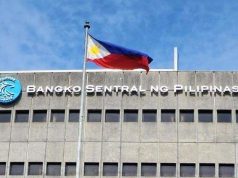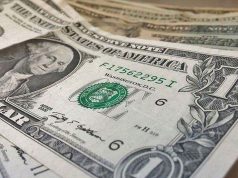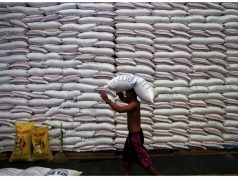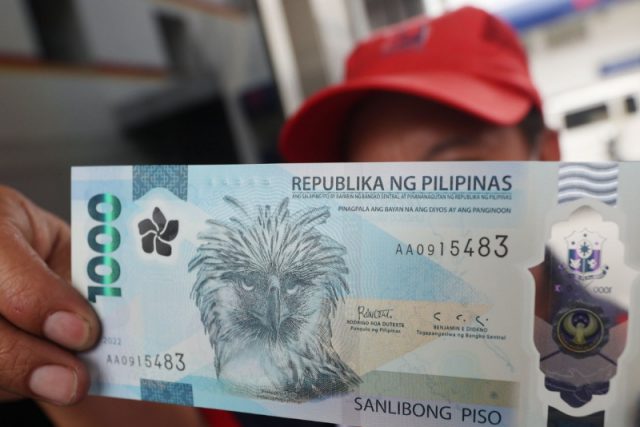
The central bank and a shopping center issued a clarification on polymer banknotes amid the circulating advisory that folded ones will not be accepted as payment in retail stores.
Prior to this, some Filipinos reported that their P1,000 polymer bills were rejected by some business establishments because of creases in folding the banknote.
The Bangko Sentral ng Pilipinas allayed the public’s fears and assured them that folded bills will still be accepted.
“The Bangko Sentral ng Pilipinas (BSP) informs the public that folded banknotes, whether paper or polymer, can still be circulated and accepted for payment. As such, retailers and banks should accept them for day-to-day payment transactions,” the BSP said.
“The BSP issues this advisory to address concerns raised on social media regarding non-acceptance by some establishments of folded 1000-Piso polymer banknotes,” it added.
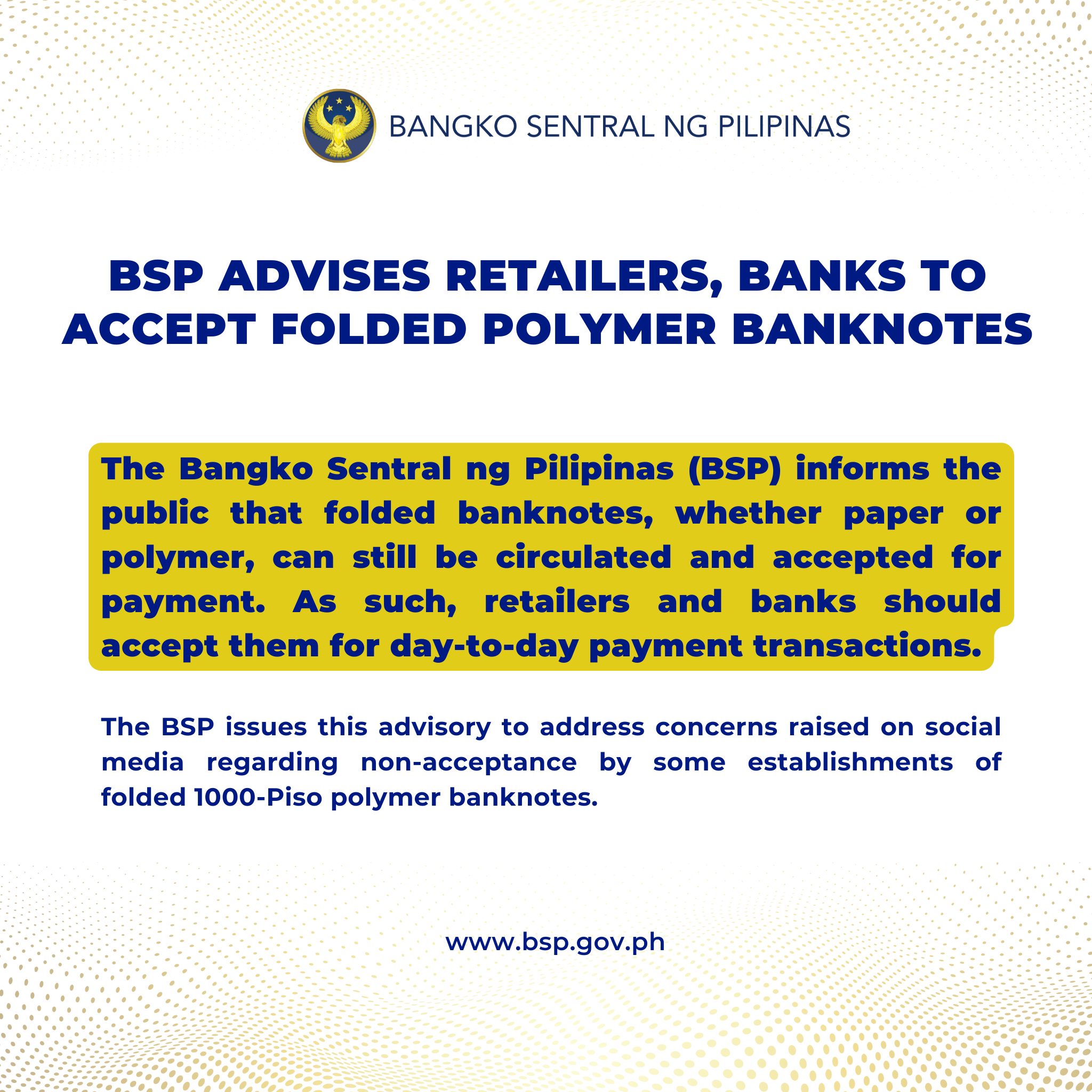
SM Supermalls also issued a statement in response to alleged claims that its malls refused to accept crumpled or folded P1,000 polymer banknotes.
“In response to the information circulating on social media regarding the new P1,000 bill, we would like to assure the public that folded bank notes are still accepted in our SM Retail Stores,” it said.
“Only those that are mutilated—stapled and ripped caused by removal of staple wire—will be deemed unfit and not accepted. Our policy has considered the guidelines set by the Bangko Sentral ng Pilipinas,” it added.
SM Supermalls further advised the public against sharing “misleading” social media posts.
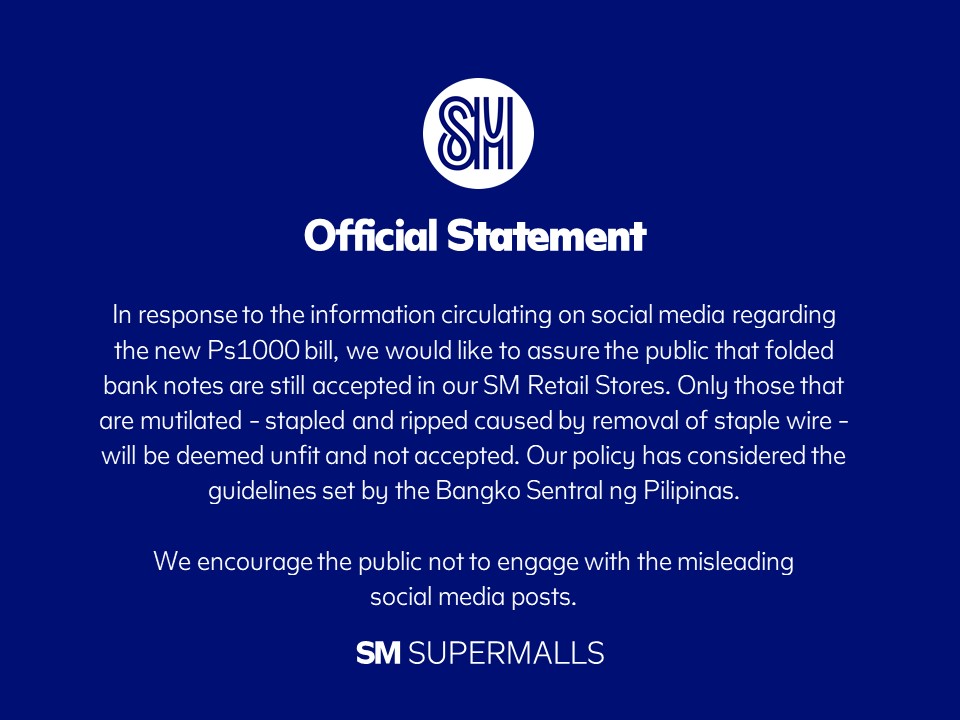
Last Saturday, a customer named Reylen Lopez expressed his frustration on Facebook claiming that his new P1,000 polymer banknote was not accepted at a mall because it was folded.
“Bawal daw i-fold o tupiin as per SM Management…Ipang babayad ko sana to, hindi nila tinanggap,” he said on his post.
This post soon blew up on Facebook. It was also picked up and reported by some media outlets.
The BSP started circulating the P1,000 polymer banknotes in April 2022 as a test run along with the current abaca-made bills.
Guidelines of BSP in handling money
The rule on folding the new banknotes came from the list of guidelines that the BSP issued on June 13.
In the list, one of the items reads: “DO NOT excessively fold or crumple the banknote.”
RELATED: Longer wallets needed: Eyebrows raised over BSP guidelines for new polymer bills
The Police Community Affairs and Development Group (PCADG) Central Luzon also posted an infographic on July 9 that stated those who will violate the guidelines on handling the P1,000 polymer bills can be penalized with a fine worth P20,000 and a five-year jail time.
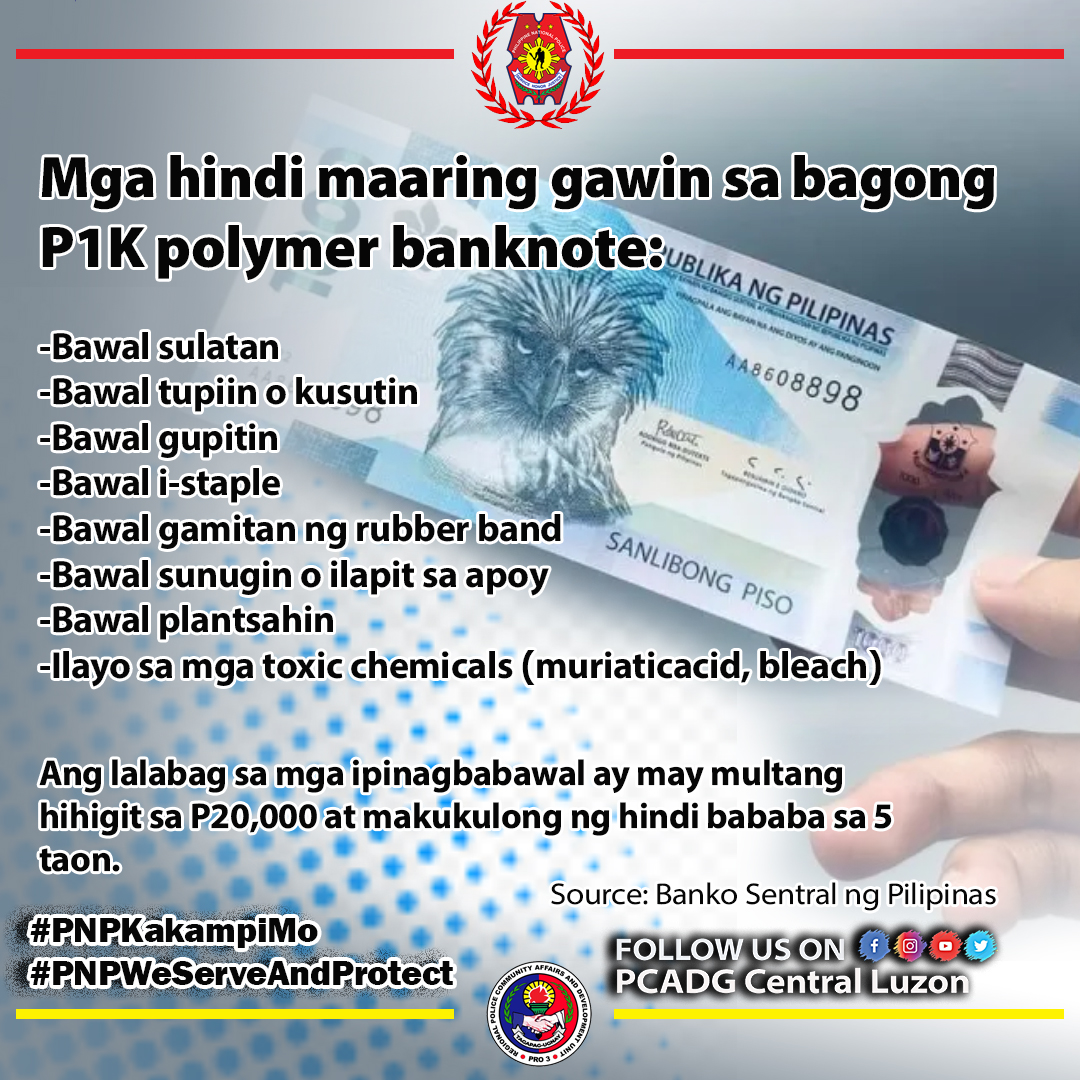
In the infographic, the PCADG translated BSP’s guidelines in Filipino except the phrase “excessively fold or crumple” in using the money.
The PCADG also cited Presidential Decree No. 247 July 18, 1973 as its basis for the punishment.
This decree criminalized the following acts on currency notes and coins issued by the BSP:
- Deface
- Mutilate
- Tear
- Burn or destroy or “in any manner whatsoever”
BSP, meanwhile, in its recent statement clarified that its guidelines apply to both polymer and paper notes.
“The handling guidelines were issued to raise public awareness on the proper use of polymer and paper banknotes to safeguard their integrity and prolong their lifespan,” it said.
The central bank encouraged the public to go to any bank should they have doubts on their bill’s value or authenticity.




